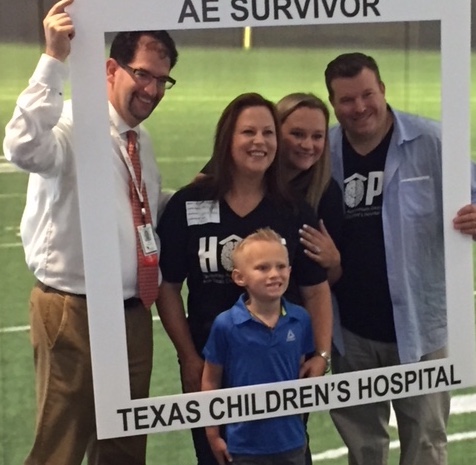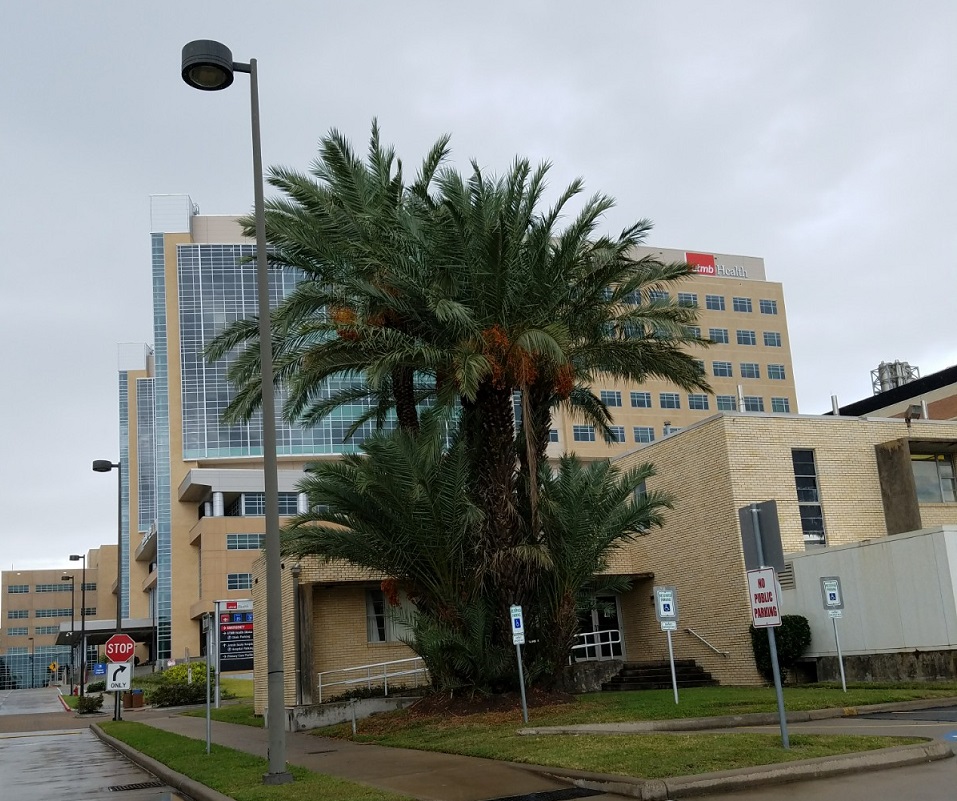Education
For World Encephalitis Day 2019, Dr. Gallentine talks about his work and research and how he sees the field of AE evolving. Dr. William Gallentine is a pediatric neuroligst at Stanford University in Palo Alto CA. His research interests focus on the role of inflammation and genetics in the development of epilepsy, and the overlap between […]
I am an autoimmune neurologist at the Icahn School of Medicine at Mount Sinai in New York City who cares for children and adults with encephalitis. My interest in this field stems from the first patient I saw on my first day of neurology training. He was a three-year-old boy who presented with changes in […]
Dr. Russell Dale Associate Professor, Discipline of Paediatrics and Child Health, Sydney Medical School; Consultant Neurologist, the Children’s Hospital at Westmead The Autoimmune Encephalitis Alliance hosted a series of Autoimmune Encephalitis awareness events at Duke University Medical Center, March 26 and 27, 2014. International experts participated in grand rounds, lectures and panel discussions. All of the educational videos […]
The AE Alliance is excited to announce a groundbreaking symposium titled: “Autoimmune Encephalitis: A Bridge Between Neurology and Psychiatry.” HESA (Hashimoto’s Encephalopathy SREAT Alliance) is the initiator and lead organizer of this symposium to be held on April 6, 2019 at Weill Cornell Medical School, Cornell University in New York, NY. The April 2019 symposium for doctors […]
Texas Children’s Hospital’s “Annual Day of Hope” was well attended and a great success! Around 100 patients, family members, faculty and staff attended this event, lead by Eyal Muscal, MD, pediatric rheumatologist at TCH. Families mingled over lunch, children enjoyed creative activities and a talk was given by Dr. Muscal on the current status of […]
We are excited to announce Texas Children’s Hospital’s upcoming “AE Family Day of Hope” on July 28, 2018 in Houston, Texas. Children are welcome and activities will be provided! This day will be filled with educational information from physicians, nurses and neuropsychologists, therapists and child life staff. This day has been organized to bring together […]
AE survivors and family members had a unique opportunity to ask questions of two physicians in the field during Florence Forth weekend. Anusha Yeshokumar and Eliza Gordon-Lipkin were generous with their time and joined us by video conference. Their current interests are in many aspects of the disease, but a primary focus is long-term outcomes […]
Autoimmune encephalitis was featured at a November 21, meeting of the Osler Club sponsored by the John P. McGovern Academy of Oslerian Medicine at the University of Texas Medical Branch’s (UTMB). Following a sit-down dinner, the 48 attendees, many of whom were physicians and physicians in training, filled the room to capacity for the program […]
Pioneer in the field of autoimmune encephalitis, Josep Dalmau was recently honored with the prestigious Rey Jaime I Award for medical research in a ceremony in Barcelona, Spain. His group’s achievements are in the area of autoimmune disorders that affect the brain, including the recognition of several new syndromes in autoimmune encephalitis. They are credited […]
Well-known pioneer in the field of autoimmune encephalitis, Josep Dalmau, reported that interest in the emerging field of autoimmune neurology has increased enough to warrant its first focused section meeting at the annual American Academy of Neurology conference this year. He stated that ongoing studies are providing new information on the pathologic mechanisms of action […]








